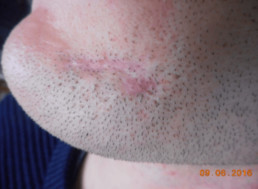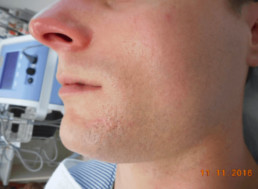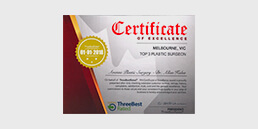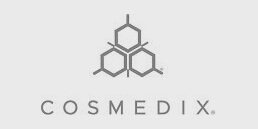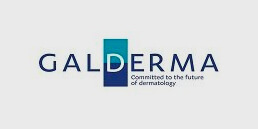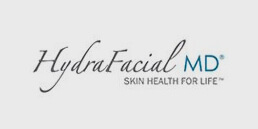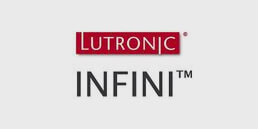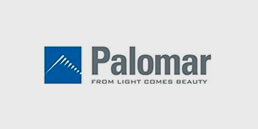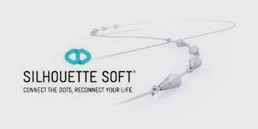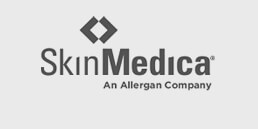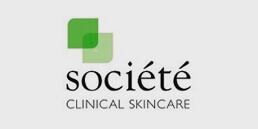Long standing history of proven results
What is acne?
Acne is a very common skin condition that can become chronic, and can cause extrodinary distress to sufferers. People of all ages can be affected some despite having had an acne-free youth. Acne can present as open comedones (whiteheads), closed comedones (blackheads), papules, pustules, nodules or cysts.
At Avenue Advanced Skin Care we see clients that suffer from all severities of acne. We understand that skin care is not just about improving skin health but also about improving self-confidence.
Our team of Dermal Clinicians and Nurse Injectors are extremely passionate and experienced in treating acne scarring. We emphasise the importance of managing active acne before embarking on any treatments to address acne scarring.
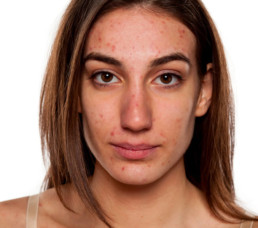
What causes acne?
Acne occurs when oil and dead skin cells become trapped within an enlarged oil gland, creating a blockage. This blockage of dead skin cells and excel oil is called a comedone. A comedone turns into acne when it becomes inflamed, which happens due to bacteria that lives in the skin called propionibacterium acnes.
Other acne causing factors can include:
Genetics
Sudden hormonal changes (such as adolescence, menstruation or menopause)
Hormonal disorders (such as polycystic ovaries)
Using the wrong skincare products
Possible dietary factors
Medications
Emotional stress
The causes of acne are multi-factorial and different for each person, and therefore acne treatments used vary from person to person. Treatments need to be tailored to the severity of the acne present, the ability to identify and avoid certain triggers. If acne is left untreated, scarring can result.
Acne management
The treatment of acne is a highly specialised area of medical skin care, and we have over 10 years’ experience. We can offer a safe and effective approaches to the treatment of acne with a wide range of treatment options such as; Healite II LED Light Therapy, Fotona Laser for Acne, Diathermy, HydraFacial and Chemical Peels. In some cases internal health supplements, such as Miss Vitality, may also be discussed to help support the skin throughout the management of acne.
All treatments are supported by the recommendation of cosmeceutical skin care and mineral non-comedogenic makeup. Our Dermal Clinicians provide clients with a tailored skin care program to help maintain and strengthen treatment results. Topical cosmeceutical skin care will help to reduce inflammation, fight bacteria, control oil flow and promote overall skin health.
We are also able to support your skin if you are under the guidance of a dermatologist, alternative medicine practitioner or are on medications for your acne.
A consultation with one of our Dermal Clinicians will help assist you in your decision about which treatment will best suit your goals and lifestyle. The first step is simply contacting us for your initial skin analysis and consultation, where we will discuss with you what is a realistic and achievable outcome, and what to expect from your treatment.
Tailored Treatment Plans
The infection and inflammation associated with acne can cause temporary or permanent scarring on the skin. Acne commonly causes changes to skin pigmentation and skin tone, particularly on olive or darker skin types.
Post-inflammatory hyperpigmentation (darkening of skin pigmentation), hypopigmentation (loss of pigmentation), and long term redness of the skin are all common occurrences after an acne lesion has passed. Picking and squeezing active acne can worsen these symptoms.
Because each type of acne scar has its own unique set of characteristics, we do not take a one-size-fits-all approach to treatment. Treatment needs to be tailored to the type of scarring present and the amount of downtime that the patient can tolerate.
The Importance of Skin Care
In combination with our in-clinic treatments, we strongly recommend that our patients follow a cosmeceutical skin care regime, as devised by our Dermal Clinicians.
The tailored skin care program will help to maintain and strengthen treatment results, reduce inflammation, fight bacteria, treat changes in pigmentation, and promote collagen production in the skin, which is essential for skin repair.
For the best results, we usually approach the scarring with multiple modalities, which can be a combination of the following options, depending on the patient's unique condition
Treatment Options
FAQs
Acne scars are most often the product of an inflamed lesion, such as a papule or pustule. Inflamed acne occurs when the follicle becomes blocked with excess sebum (oil), dead skin cells, and bacteria. The pore swells, causing a break in the follicle wall.
Minor lesions usually heal quite quickly, but more serious lesions arise when there is a deep break in the follicle wall. The infected material spills out into the dermis and destroys healthy skin tissue. The skin forms new collagen to repair this damage to the dermis; unfortunately, this quick collagen repair never looks as smooth and clear as before the injury.
Scarring is more likely to occur after severe periods of inflammation and deeper breakouts that take a long time to heal. Non-inflamed blemishes such as blackheads and whiteheads typically don’t cause scarring, as they don’t injure the skin tissue.
Macular scarring – this type of acne scarring is most often seen on the cheeks and forehead. A flat type of scar with no indentations in the skin, it can present as red areas, increased or decreased pigmentation
Boxcar scar – usually round or oval-shaped when seen from above, these scars are most often found on the cheeks and temples. They are shallow to medium-depth with well-defined edges
Rolling scars – these acne scars appear as broad undulations or depressions, and are characterised by rounded or sloping edges. This type of scarring is often caused by long periods of acne inflammation
Deep divots – very deep scars caused by loss of subcutaneous tissue volume
Ice-pick scars – narrow but deep scars that extend into the lower layer of the skin. They may resemble an open and enlarged pore
Hypertrophic and keloid scarring – This occurs when excess scar tissue is formed at the site of the inflammation. As a result, the scar is often raised and pigmented, and sometimes disproportionate to the size of the initial trauma caused by the acne
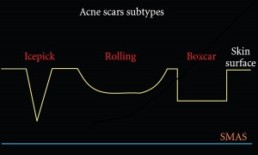
Source: The Science of Acne
To lessen the chance of scarring, try to reduce inflammatory acne as much as possible by seeking treatment as soon as it develops. This may mean consulting with a Dermatologist, Nutritionist and Dermal Clinician. If chronic acne is left untreated, it will almost always result in some form of permanent scarring.
A consultation with one of our Dermal Clinicians will help assist you in deciding which treatment will best suit your goals and lifestyle.
Generally speaking, the more invasive the treatment, the greater the downtime, and the greater the improvement. The first step is simply contacting us for your initial skin analysis and consultation, where we will discuss with you what is a realistic and achievable outcome, and what to expect from your treatment.
Most of the treatments we offer require a course of treatments to achieve the best result. The remodelling of the collagen within the skin takes time. Sometimes the best results can be seen between six to 12 months after a course of treatments has been completed. However, our clients usually start to see changes in their skin tone and texture even after a few treatments.
Don’t leave the treatment of your acne any longer. Speak with our specialist Melbourne team today on 03 9521 5533
